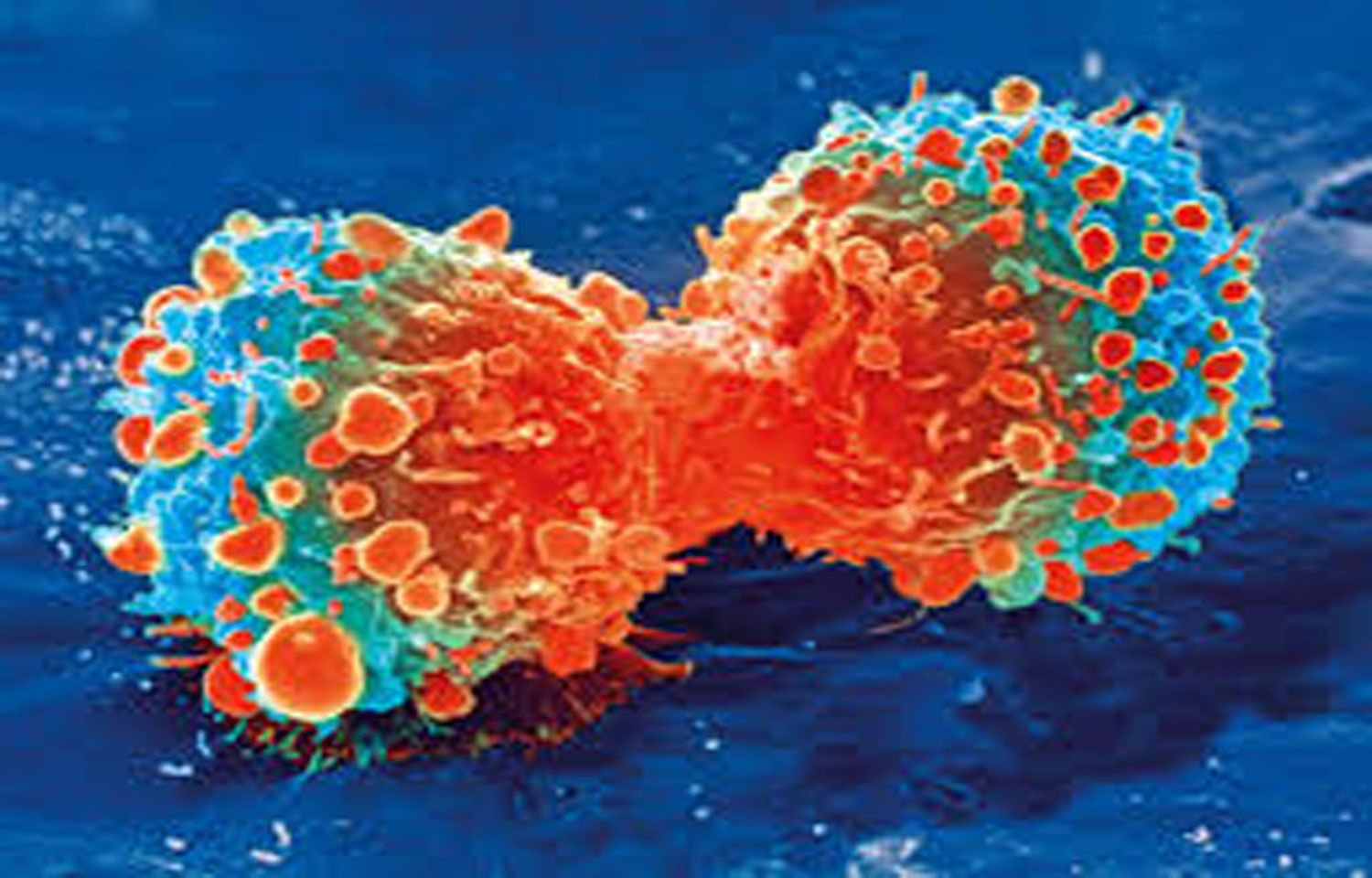Experts argue that while cancer therapies are vital for enhancing one’s quality of life, they can have a negative impact on the reproductive organs and hinder fertility. The inability to conceive is referred to as infertility. Experts note that while many factors influence female fertility, cancer therapy can harm the reproductive organs such as the ovaries, fallopian tubes, uterus, and cervix.
Because a woman diagnosed with cancer must undergo chemotherapy, radiation therapy, hormone therapy, surgery, or a transplant, she must choose amongst these options.
“These treatments can influence a female’s reproductive system; the changes to fertility, however, can be transient or permanent. Before undergoing cancer treatment, one should consult a fertility specialist and consider egg freezing, which can assist a woman become pregnant in the future if it is suggested,” stated Dr Prashant Mullerpatan MS, FRCS Consultant Oncosurgeon, Apollo Spectra Hospital, Mumbai.
“Cancer develops when cells divide and multiply at a rate that is significantly quicker than normal cells. Chemotherapy, radiation therapy, and surgery are among treatments that can have a variety of side effects and raise the chance of or induce infertility,” he stated.
Chemotherapy can cause the ovaries to stop producing eggs or oestrogen, resulting in primary ovarian insufficiency (POI). “In many situations, this disease is only temporary, and after therapy, one’s menstruation will return to normal, and fertility may be restored,” Dr. Mullerpatan explained.
“But, in many cases, the damage to the ovaries is irreparable, resulting to infertility on a permanent basis. Hot flashes, nocturnal sweats, irritability, vaginal dryness, and irregular or no menstrual cycles are some of the symptoms a woman may experience. Chemotherapy can cause healthy eggs to be decreased in the ovaries,” he added.
Women are born with an endless amount of eggs, according to Dr. Richa Jagtap, clinical director and consultant reproductive medicine at NOVA IVF Fertility in Mumbai. However, once the eggs are lost, they cannot be replenished, resulting in infertility and early menopause.
“As a result, getting pregnant after cancer therapy is difficult. Chemotherapy and radiotherapy, in particular, attempt to reduce the body’s developing cells. Unfortunately, this effects the eggs and sperms also. Because the amount of eggs is limited, the impact on eggs is more severe. The eggs can’t be replaced once they’ve been gone. “A woman should have normal menses, AMH (Anti-Müllerian hormone) levels in the permissible range, at least one healthy ovary, uterus, and Fallopian tube after cancer treatment,” Dr Jagtap stated.
According to Dr. Richa Jagtap, clinical director and consultant reproductive medicine at NOVA IVF Fertility in Mumbai, women are born with an infinite number of eggs. However, once the eggs have been lost, they cannot be replaced, resulting in infertility and menopause at a young age.
“As a result, conceiving after cancer treatment is challenging.” Chemotherapy and radiotherapy, in particular, aim to lower the number of growing cells in the body. Unfortunately, this has an impact on the eggs and sperm as well. The impact on eggs is more severe because the number of eggs available is limited. Once the eggs are gone, they can’t be replenished. Dr. Jagtap noted, “After cancer treatment, a woman should have normal menses, AMH (Anti-Müllerian hormone) levels in the permitted range, and at least one healthy ovary, uterus, and Fallopian tube.”





